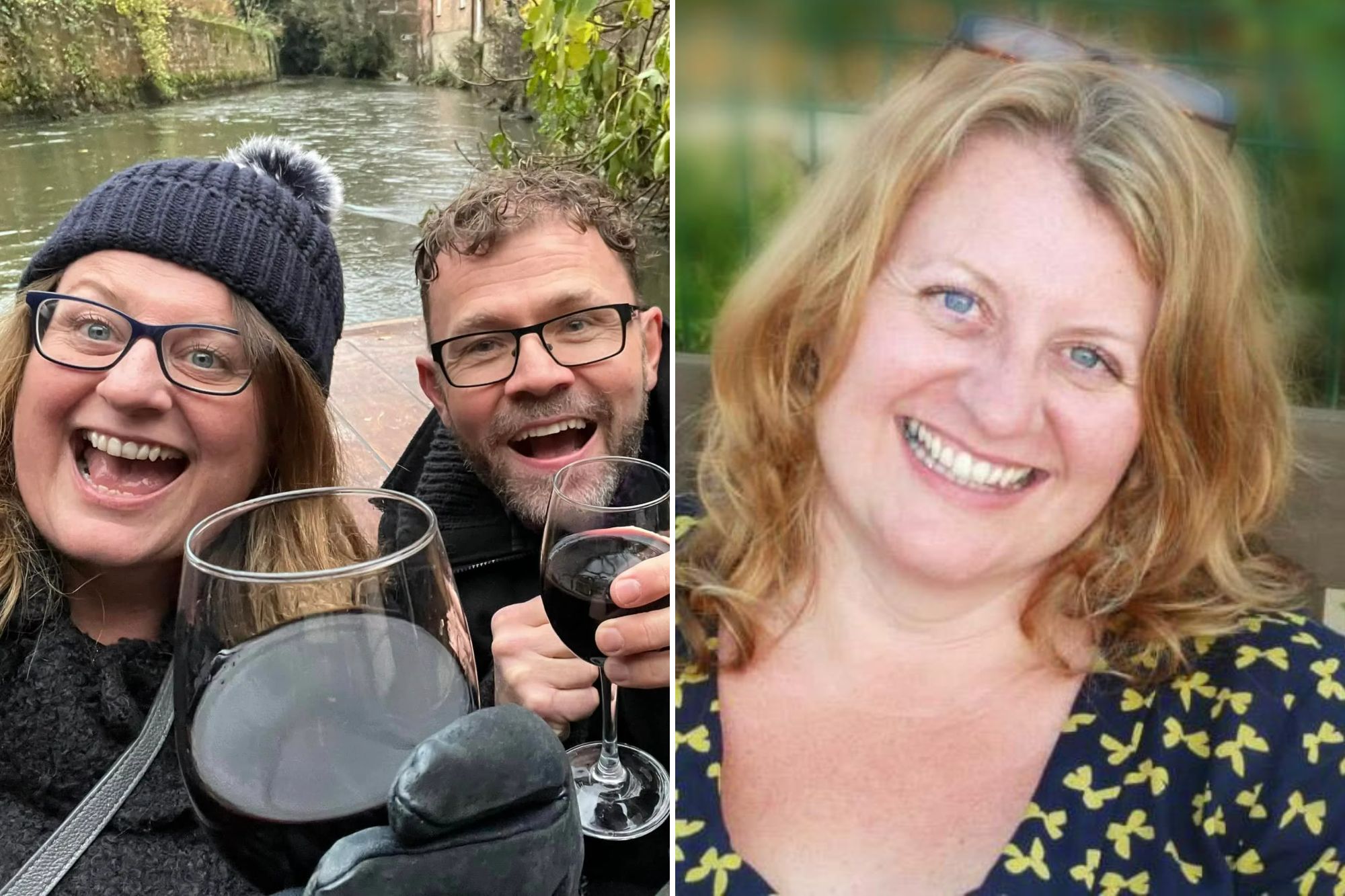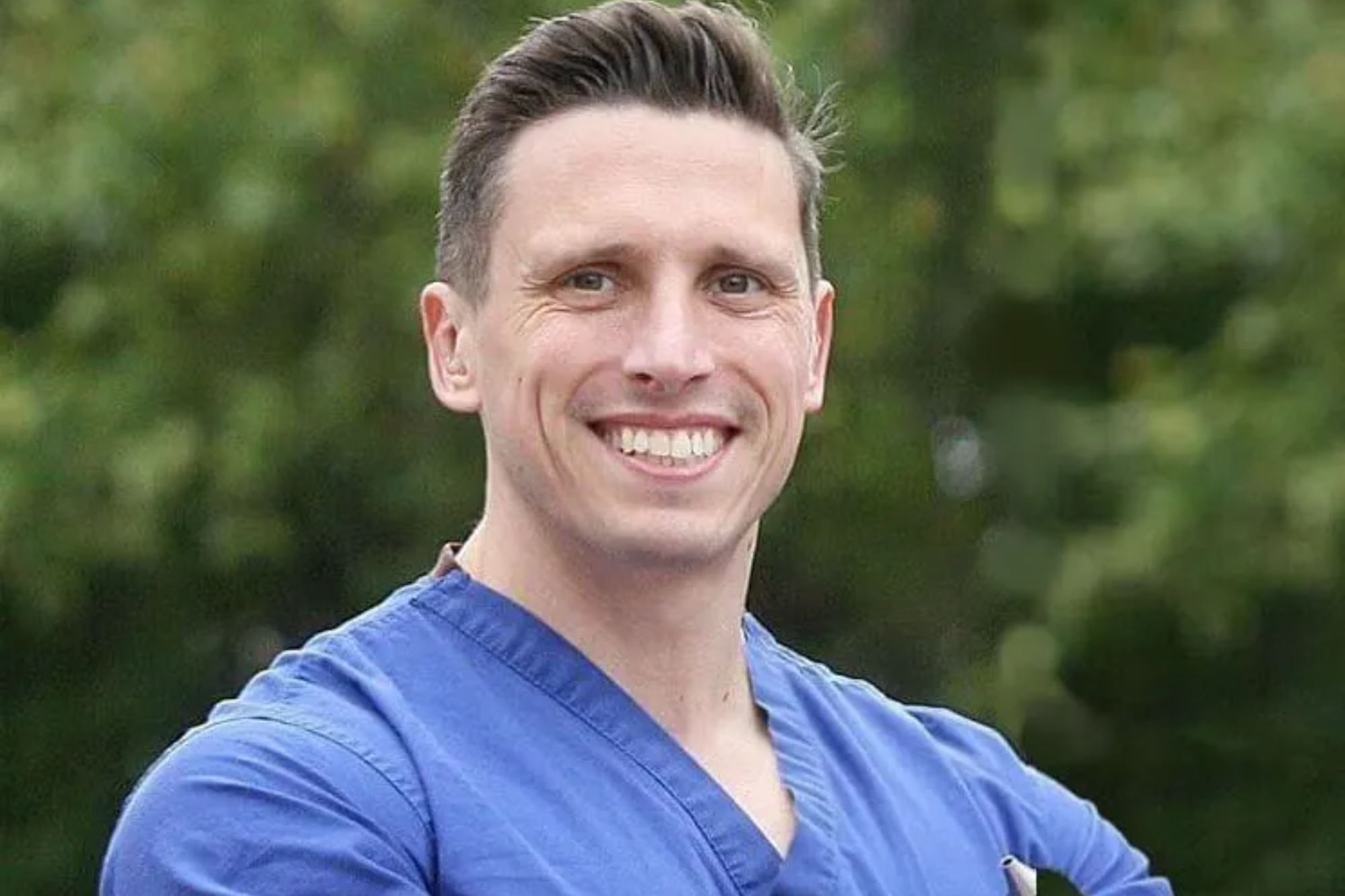
NOT getting enough vitamin D could put you at greater risk of cancer, a study suggests.
The nutrient — created by the body when in sunlight — encourages tumour-fighting bacteria in the gut, researchers found.
Professor Caetano Reis e Sousa, of the Francis Crick Institute, suggested it could mean people with deficiencies could be given new treatments in future.
He said: “What we’ve shown here came as a surprise — vitamin D can regulate the gut microbiome to favour a type of bacteria which gives mice better immunity to cancer.
“This could one day be important for cancer treatment in humans, but we don’t know how and why vitamin D has this effect via the microbiome.
“More work is needed before we can conclusively say that correcting a vitamin D deficiency has benefits for cancer prevention or treatment.”
Read more on cancer
Vitamin D is primarily produced in the body after it comes into contact with sunlight, but levels can also be boosted by eating foods like eggs, oily fish and red meat.
Previous research has shown vitamin D helps the body absorb and retain calcium, which is needed for building bones, and also helps control infections and reduce inflammation.
The latest study, published in Science, looked at how levels of the nutrient affected cancer immunity.
Researchers analysed data from 1.5million people in Denmark, which showed there was a link between low vitamin D levels and a higher risk of cancer.
Most read in Health
A separate analysis showed cancer patients with higher vitamin D levels were more likely to respond well to immune-based treatments.
To investigate further, researchers gave a group of mice a diet rich in vitamin D, finding they had better immune resistance to experimentally transplanted cancers.
They found that vitamin D acts on epithelial cells in the intestine, which in turn increase the amount of a bacteria called Bacteroides fragilis.
This microbe gave mice better immunity to cancer as the transplanted tumours didn’t grow as much, but the researchers are not yet sure how.
Dr Nisharnthi Duggan said: “We know that vitamin D deficiency can cause health problems, however, there isn't enough evidence to link vitamin D levels to cancer risk.
“This early-stage research in mice, coupled with an analysis of Danish population data, seeks to address the evidence gap.
“While the findings suggest a possible link between vitamin D and immune responses to cancer, further research is needed to confirm this.”
HEALTH WARNING
She added: “A bit of sunlight can help our bodies make vitamin D but you don’t need to sunbathe to boost this process.
READ MORE SUN STORIES
“Most people in the UK can make enough vitamin D by spending short periods of time in the summer sun. We can also get vitamin D from our diet and supplements.
“We know that staying safe in the sun can reduce the risk of cancer, so make sure to seek shade, cover up and apply sunscreen when the sun is strong.”
What foods have high levels of vitamin D?
From about late March/early April to the end of September, most people should be able to make all the vitamin D they need from sunlight.
The body creates vitamin D from direct sunlight on the skin when outdoors.
But between October and early March we do not make enough vitamin D from sunlight.
Vitamin D is also found in a small number of foods.
Sources include:
- oily fish – such as salmon, sardines, herring and mackerel
- red meat
- liver (avoid liver if you are pregnant)
- egg yolks
- fortified foods – such as some fat spreads and breakfast cereals
Another source of vitamin D is dietary supplements.
In the UK, cows' milk is generally not a good source of vitamin D because it is not fortified, as it is in some other countries.
Source: The NHS










